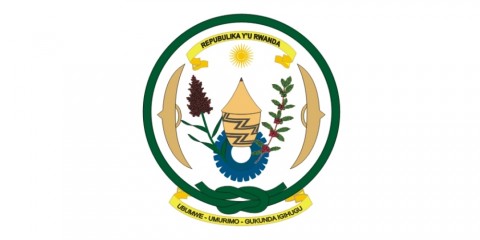Community Hygiene Clubs - Community Based Environmental Health Promotion Programme (CBEHPP)
2012 - 2016 • Rwanda Ministry of Health, Africa Ahead, AfricaAhead, CBEHPP
Purpose
To monitor the CBEHPP in Rwanda and achieve cost-effective and sustainable hygiene behaviour change through implementation of the holistic and integrated Community Hygiene Club (CHC) model to prevent common diseases.
Activities
The Ministry of Health (MoH) in Rwanda is currently implementing the Community-Based Environmental Health Promotion Programme (CBEHPP) which is in the process of establish Community Hygiene/Health Clubs (CHCs) in all 15,000 villages across Rwanda. The CHC model, as originally developed in Zimbabwe by Africa AHEAD (AA) in 1995, has in-built monitoring systems and tools . Although the CHC methodology has been adopted in a number of countries in rural and urban settings across East , West and Southern Africa over the past few years, Rwanda is the first country to be rapidly scaling up the model nation-wide. To date over 90% of the 15,000 villages in Rwanda have registered CHCs and over 5,000 have trained community members. By 2016, over nine million people (about 80% of the population) should benefit from CHCs if the programme is implemented as intended.
Countries of activity
Location of main activity
Objectives
There are five main objectives for this intervention:
1. To build capacity in MoH for cost-effective training of communities for hygiene behaviour change
2. To enable MoH to effectively monitor behaviour change through evidence-based data collection
3. To ensure functional and responsible communities exist in 150 villages in Rusizi district
4. To provide a demonstration on how hygiene behaviour change can be sustained
5. To demonstrate a cost-effective Change Model capable of improving family health at scale.
Further information
Research or implementation partners: Africa AHEAD / Innovations for Poverty Action
Filter tags
Behaviour change Bill & Melinda Gates Foundation Enabling environment and institutional strengthening Government-owned entity (not university or research) Health and hygiene Practitioners Rural Rural areas Specific to one or several countries Sub-Saharan Africa
Links

Uploaded by:
danijela milosevic (milli)















